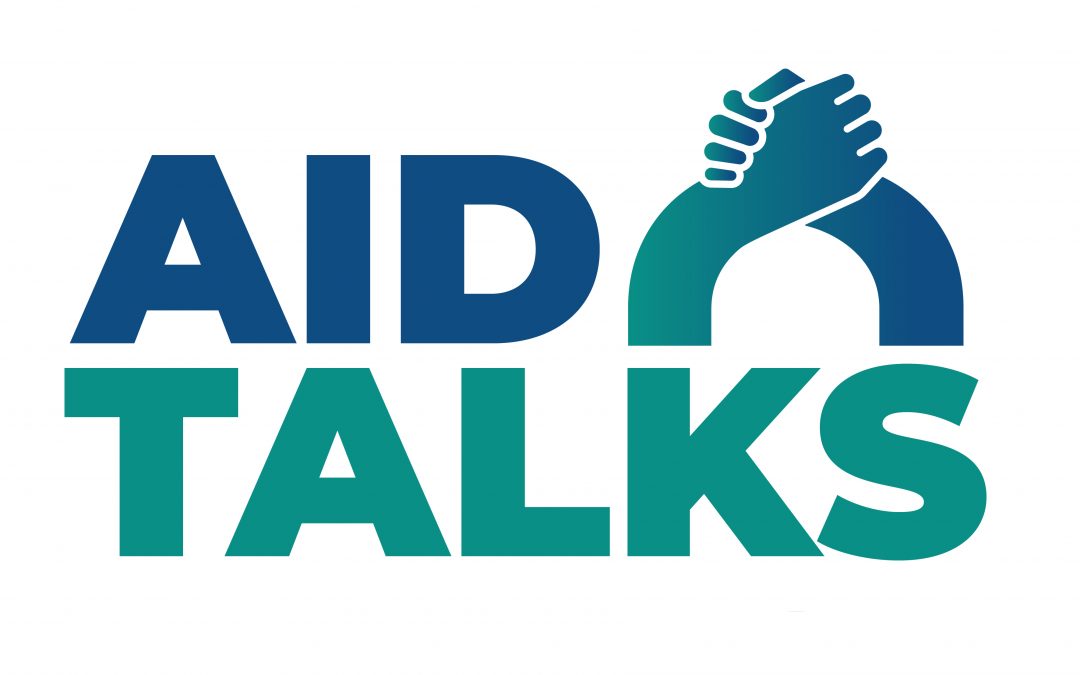No country is safe amidst the coronavirus global crisis. From those with wealthy economies to those with scarce resources, the effects of the pandemic are widely felt – aggressive lockdowns and curfew, military deployment, unemployment and layoffs, debts, hunger, to name a few. However, some states are dealing with the effects under harsher circumstances than others. The impacts of the pandemic are worst for conflict-affected, fragile states.
The Reality of Aid – Asia Pacific (RoA-AP) and Aid/Watch Australia held its first Aid Talks Webinar last 21 April 2020 entitled, The Fragile Case of COVID-19: How the outbreak exacerbates living conditions in conflict affected, fragile states.
Fragile states already struggle with their own socio-economic issues even before the crisis hit, and the COVID-19 pandemic worsened the situation with “direct” threats and “indirect” economic impacts, said Irwin Loy, The New Humanitarian’s Asia Editor. He opened the webinar by outlining the situation of conflict-affected, fragile states.
Afghanistan, for instance, has been dealing with food insecurity, war, and an increasing number of refugees. Myanmar has been dealing with years of conflict and displacement as well as open warfare. Bangladesh has been facing challenges in hosting refugees with cramped tents and limited resources. However, humanitarian programs necessary to address the effects of conflict and fragility in these countries have been delayed, paused, or halted due to COVID-19 containment measures.
Border and migration policies are limiting the mobility of humanitarian responders, and these policies will most likely continue post-coronavirus. Moreover, shortage of medical equipment and other resources lead to competition among responders. There is also the added risk that humanitarian responders face as potential carriers of coronavirus.
Cyprien Fabre, Conflict & Fragility Advisor of the Organisation for Economic Co-Operation and Development (OECD), added that the pandemic directly resulted to the increase of unemployment, especially for urban poor communities. Thus, this led to the rise of global poverty as well as inequality. On top of that, the pandemic highlights weak health systems and lack of social protection in many countries. Those in far-flung areas or those who live in poverty do not have access to healthcare and social distancing and confinement would not be possible for them, leaving them the most vulnerable to the coronavirus and further putting them at a disadvantage. To address fragility, Fabre reiterated the need to coherently address all of its dimensions by providing livelihood and social protection, for instance.
While financial stimulus packages are offered by several international finance institutions (IFIs), majority of the amount are provided as concessional loans instead of grants. May Makki, Research and Program Officer of the Arab NGO Network for Development (ANND), said that this would not be enough and in fact, contradictory to international solidarity. Thus, the civil society is calling for debt cancellation as debt burden is no longer sustainable for conflict-affected, fragile states as well as for many developing countries.
Private sector intervention in development is also seen as a major problem by Prof. James Goodman, Chairperson of Aid/Watch. According to him, this crisis affirmed the centrality of a State in providing the needs of the people and thus the necessity to shift focus away from the private sector as vehicle of aid.
Moreover, according to Goodman, this crisis is an opportunity to challenge widening inequalities. For instance, demands to prioritize the health sector instead of the arms industry have been put to the table. Global truce debates, while rare, are ongoing and ceasefires are happening in some countries. Military aid is also being challenged, particularly how the United States of America (USA) provides military aid to its allies in several parts of the world and how it imposes sanctions and blockades against its geopolitical enemies.
To conclude the Webinar, Makki talked about opportunities in building social movements amidst this pandemic. According to her, governments, specifically in the Arab region, took advantage of the total lockdown and imposed a crackdown on activists, further curtailing their civil liberties. But the lack of government services in addressing this pandemic only facilitated the growing frustration of civilians with state policies.This led to an increase in virtual activism, which will most likely be translated to stronger waves of protests post-pandemic.
Makki also affirmed that militarist measures will have little impact in stifling the opposition. In fact, in the experience of the Arab region, social movements come out at times when civic space is most shrinking. Therefore, the main opportunity here is to address inequalities under the pressure of social movements.
Now more than ever, there is a need for governments to re-shape their responses in addressing the root causes of conflict and fragility and for humanitarian aid providers to localize and contextualize aid programming and financing, Sarah Torres, coordinator of RoA-AP, reiterated. The regional network asserts that development should be people-centered and democratic – that which truly serves the demands of the people and not of the market.
***
“Aid Talks” is a webinar series discussing the most pressing issues on aid and development cooperation today and the critical issues surrounding it. Co-hosted by Aid/Watch Australia and the Reality of Aid – Asia Pacific (RoA-AP), “Aid Talks” aims to inform the public on how the Official Development Assistance (ODA), commonly known as aid provided by donor countries to developing nations and fragile states, is being utilized as ‘aid investment’ redirected to support private sector players and narrow security priorities over reducing inequality and poverty.

